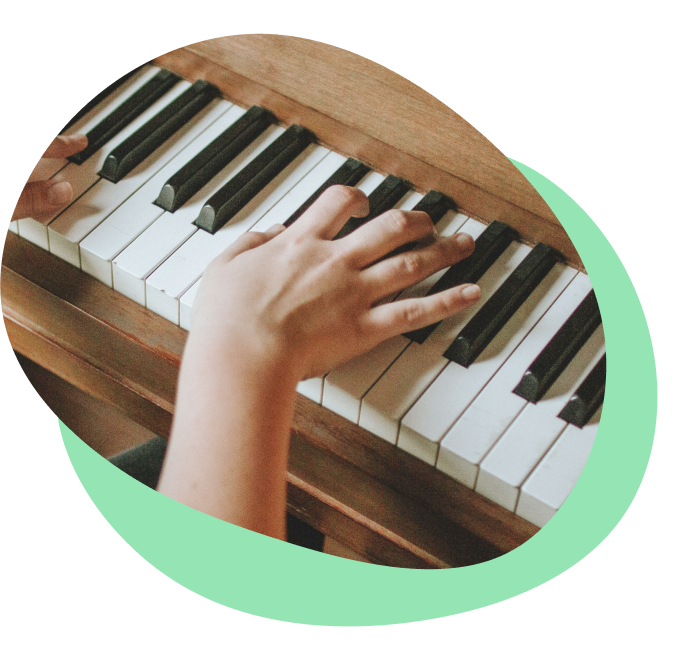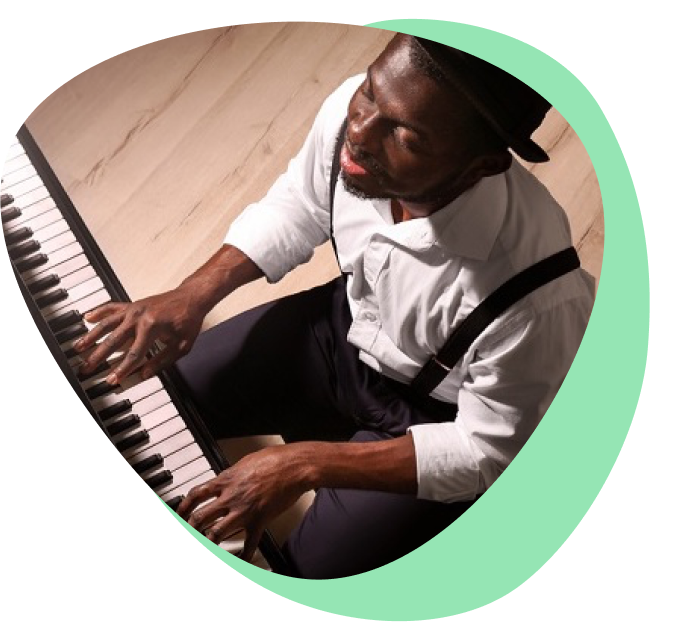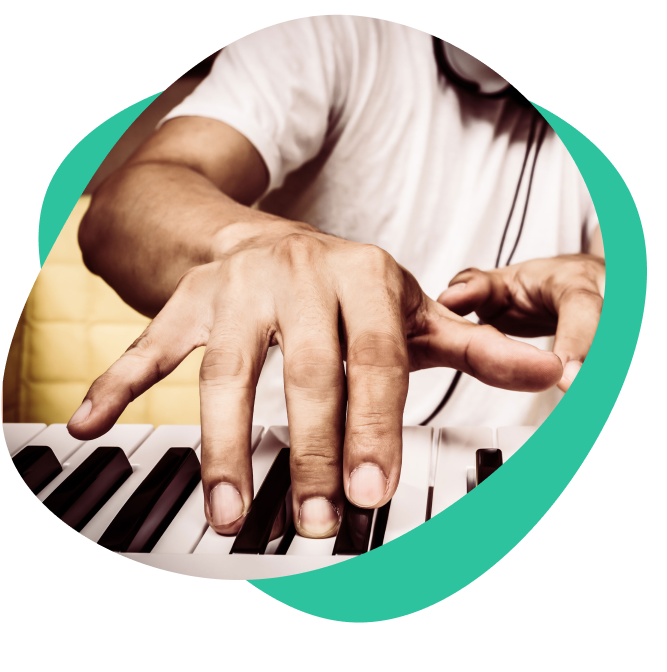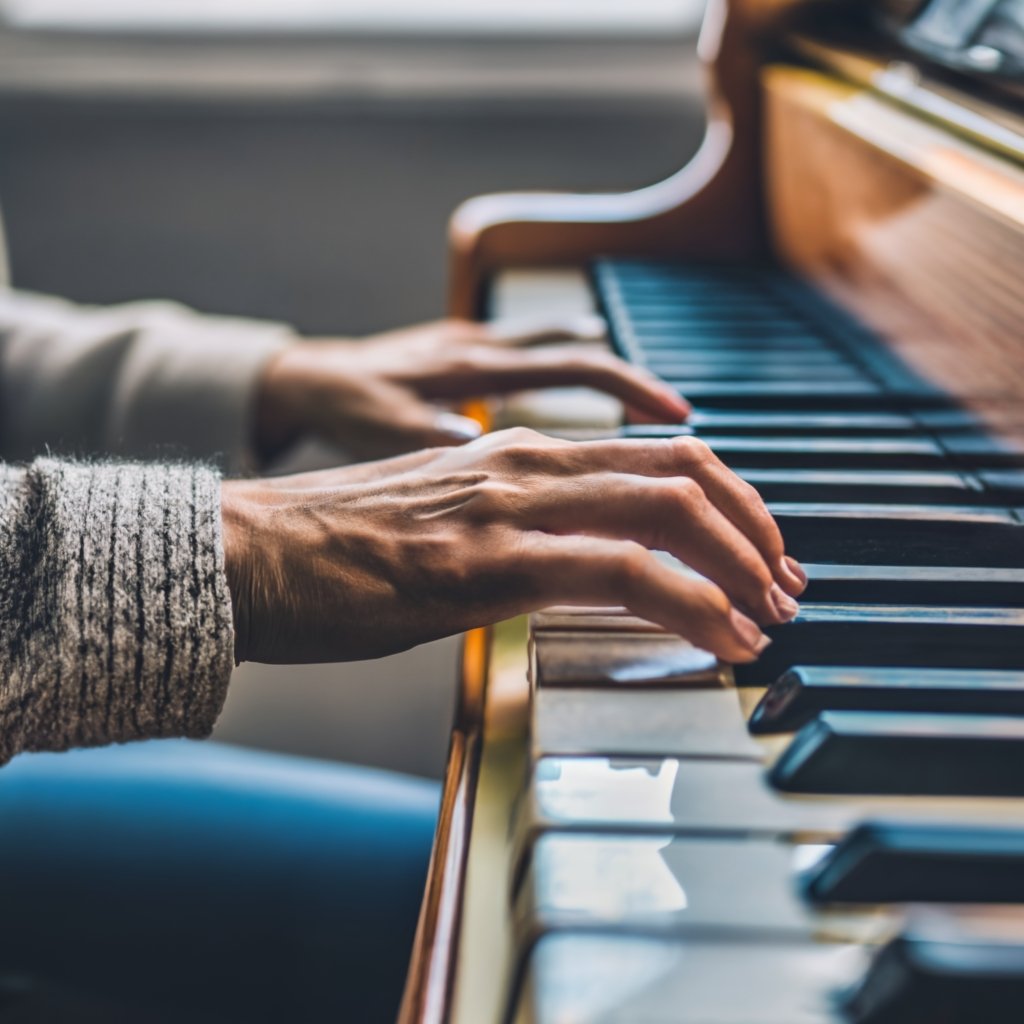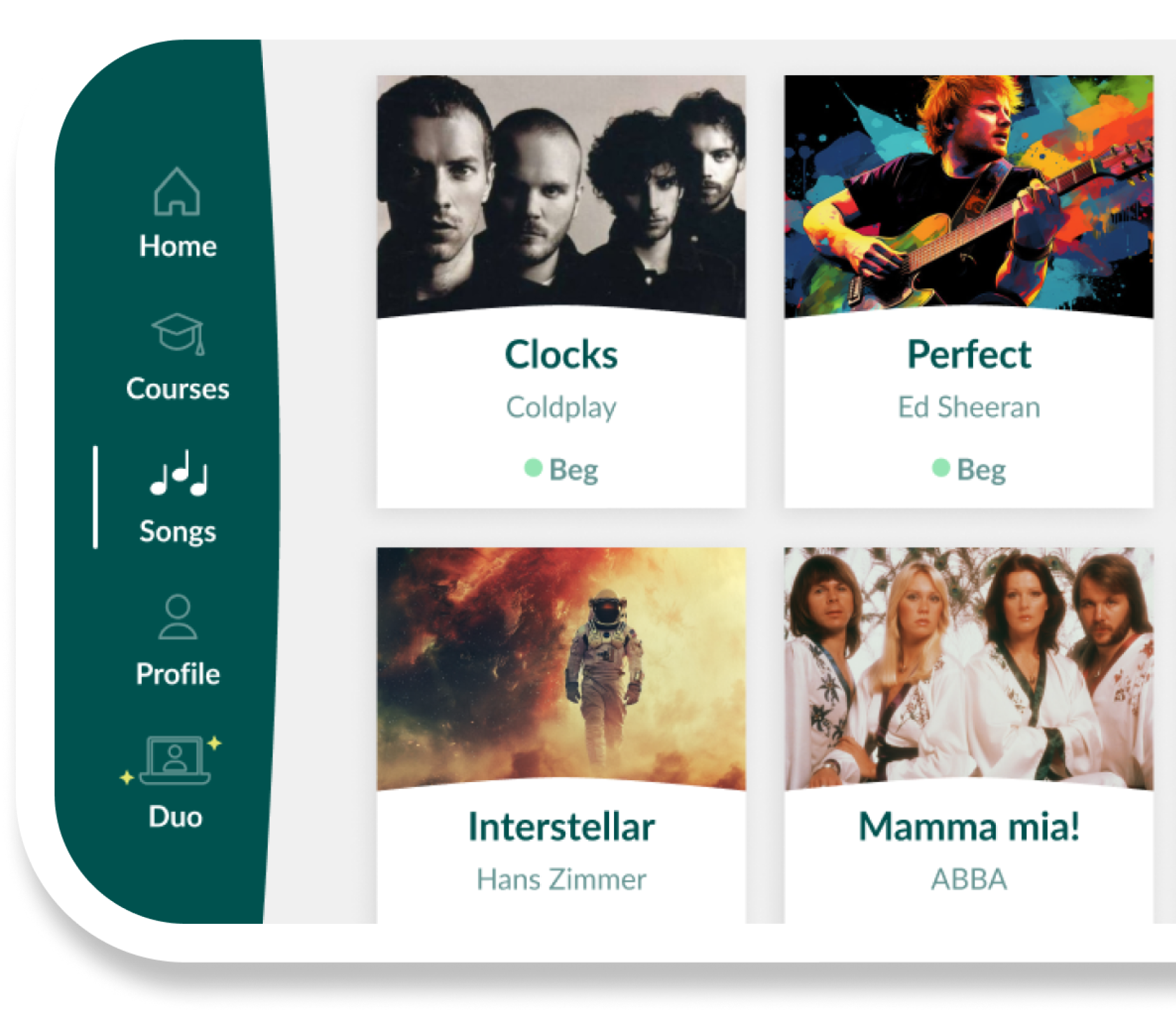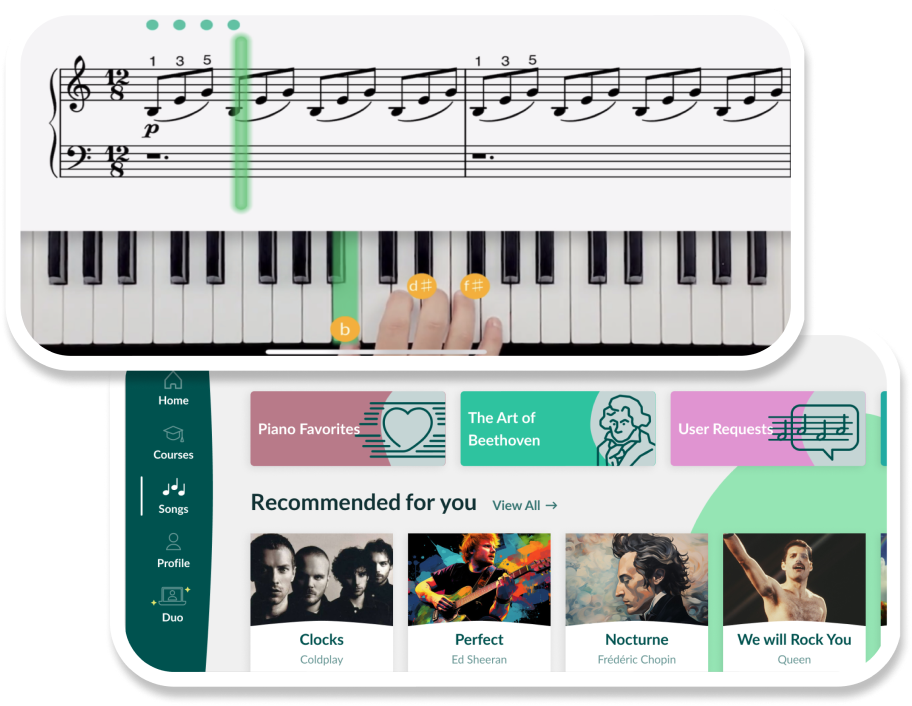Good piano technique is crucial for transforming notes into expressive music. It’s about much more than just playing notes correctly; it’s about playing them with ease, efficiency, and expressiveness. This allows pianists to convey emotions, create diverse sound textures, and uniquely interpret compositions.
Improving your technique requires a comprehensive strategy that includes developing finger strength, mastering chord patterns, improving rhythmic precision, growing expressiveness, and managing tone, dynamics, and balance. This guide will cover essential exercises, advanced techniques, and strategies for expressive playing and rhythm mastery, along with ergonomic playing tips and effective practice habits.
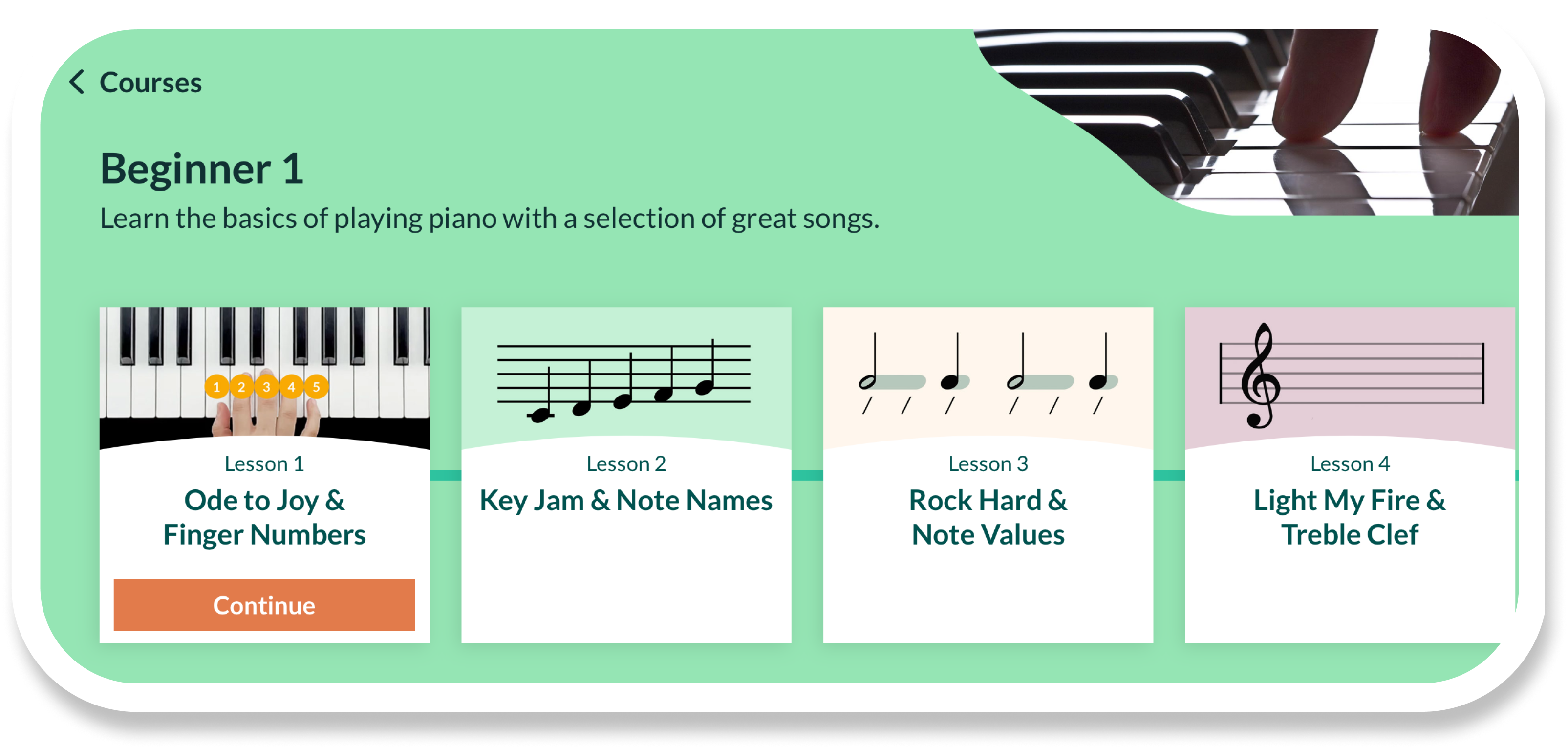
Fundamental techniques for daily practice
For the aspiring pianist, daily practice is not just a routine; it’s a ritual to hone the craft. This section focuses on the essential exercises that lay the groundwork for advanced piano technique.
Building finger strength and agility
Finger strength and agility are pivotal for executing complex passages with precision. Incorporating exercises like Hanon’s “The Virtuoso Pianist” or Czerny’s studies can significantly improve finger independence and control. Remember, the goal is not speed but clarity and evenness in tone.
Mastering chords and patterns
Understanding and mastering various chord patterns, including broken chords and cadences, is fundamental. This not only enhances technical skill but also deepens musical understanding. Practice different chord inversions and progressions to build versatility and adaptability.
Tone balancing on the piano
Tone balancing on the piano refers to the relative volumes of the notes played in both hands. Everyone has a dominant hand, right or left. Your dominant hand will naturally be stronger.
On the piano, this means that your dominant hand will most likely play notes louder, stronger, and with more confidence. At first when learning how to play the piano, you will likely have greater technical facility with your dominant hand as well.
Furthermore, there will be particular fingers on your dominant hand that are stronger than others. Your thumb, pointer finger, and middle finger are generally stronger than your fourth finger and pinky.
Developing dynamics in each piano hand
Take some time to notice how your dominant hand and fingers move around the piano. Which notes do you naturally play louder? How do the same passages compare when played with your other hand? Which notes do you naturally play softer or with less confidence?
The first step to developing dynamics in your piano hands is to be aware of what your hands are doing and what their natural tendencies are. Once you realize what your hands naturally do, you can exercise the weak points to build even, balanced, and well-coordinated hands.
Finger exercises
You can use a basic five-finger exercise to develop the technique of your hands. For example, play the basic finger position C – D – E – F – G, G – F – E – D – C with both hands at the same time. What dynamic level did you just play it at?
- Play it again starting from piano, include a crescendo up to G, then diminuendo back down to C. Now your exercise has some motion.
- Now, alternate the dynamics in your hands. In your right hand, start piano and crescendo to G then diminuendo to C. In your left hand, start forte and diminuendo to G and then crescendo back down to C. This will probably be much more difficult for you.
- Once you are confident with this, then you can switch the dynamics between the hands and continue the exercise up and down the piano or switch to piano chords.
Practicing extremely slowly
A great way to develop a balanced technique on the piano is to practice extremely slowly. By practicing extremely slowly, we take the time to notice the subtle intricacies of how the fingers push down the piano notes. Great tone on the piano, or any instrument for that matter, is developed by diving into this level of detail.
You can practice this in any number of ways. A basic way would be to put a metronome on 20 or 25 beats per minute and practice the C major scale up and down, playing one note for every click of the metronome. If you have never done something like this, you will probably find it quite challenging!
Exaggerate the dynamics in your pieces
A great way to build and balance your technique is to exaggerate the dynamics of the pieces you are practicing.
For example, if you are practicing “Musette” by J.S. Bach with Skoove, you can exaggerate the dynamics in either hand as you play. Think about this practice like a see-saw. By moving between pianissimo and fortissimo dynamics in a varied and exaggerated sense, you will begin to develop a steady center of what balanced dynamics feel like.
Integrating techniques for holistic development
Remember, the path to piano mastery is a continuous journey of learning and growth. Each practice session, each piece you master, and each challenge you overcome adds to your musical tapestry. Embrace the process with patience, dedication, and passion.
As you continue to refine your technique, consider exploring resources like Skoove’s structured online piano lessons that align with the principles discussed in this guide, making it an excellent companion on your musical journey.
In closing, whether you’re playing for personal enjoyment or aspiring to perform on stage, the joy of piano playing lies in the journey itself. Keep exploring, keep learning, and let the music flow from your heart through your fingers to the piano keys.
Author of this blog post:

Eddie Bond is a multi-instrumentalist performer, composer, and music instructor currently based in Seattle, Washington USA. He has performed extensively in the US, Canada, Argentina, and China, released over 40 albums, and has over a decade experience working with music students of all ages and ability levels.




